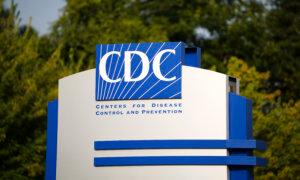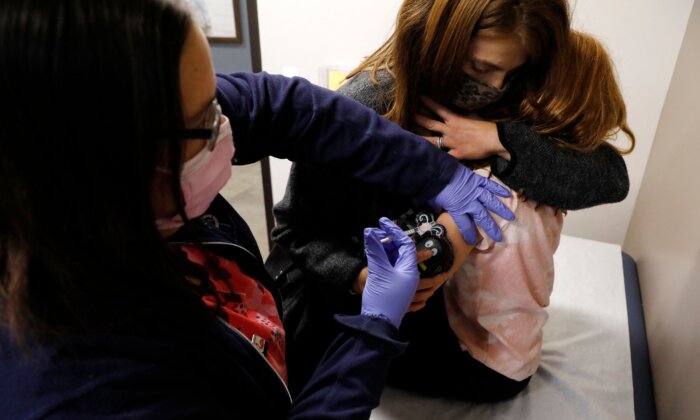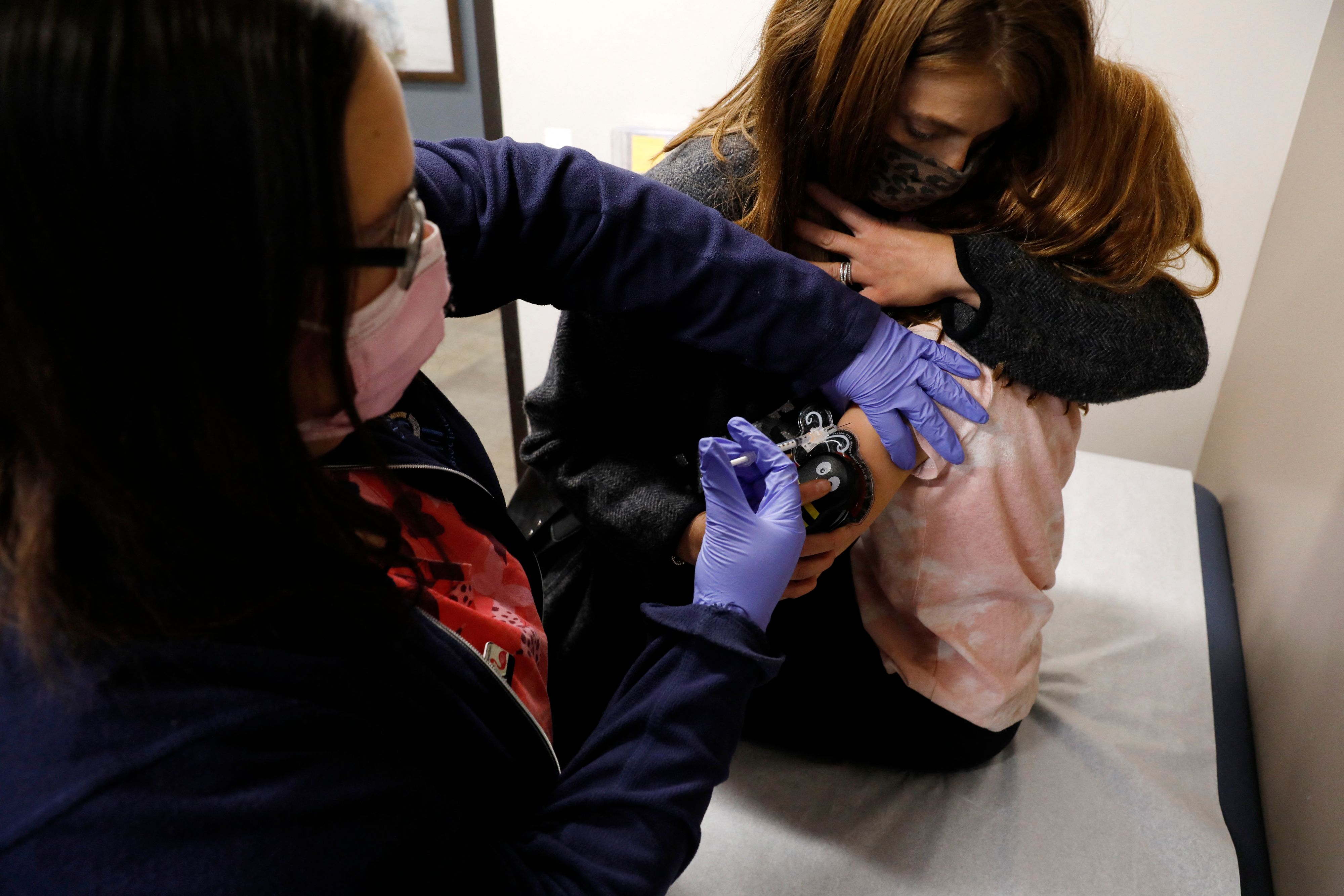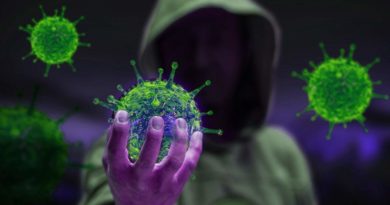COVID-19 Shots Linked to Autism in Vaccinated Rats: Study
Male rat offspring showed a ‘marked reduction’ in social interaction as well as reduced coordination and agility.
A study from Turkey discovered that female rats injected with mRNA COVID-19 vaccines gave birth to offspring exhibiting symptoms of autism and lower neuronal counts in the brain.
“Furthermore, there was a substantial decrease in neuronal counts in critical brain regions, indicating potential neurodegeneration or altered neurodevelopment. Male rats also demonstrated impaired motor performance, evidenced by reduced coordination and agility.”
In the study, female rats were randomly assigned into two groups. Those in Group 1 received an intramuscular saline injection on the thirteenth day of gestation, while rats in Group 2 received Pfizer shots on the same day. There were seven female rats in Group 1 and eight in Group 2, totaling 15 rats.
- Open Field Test, which tested for general locomotor activity and anxiety.
- Novelty-Induced Rearing Behavior, which evaluated the offspring for their exploratory behaviors.
- Three-chamber Sociability and Social Novelty Test, which assessed the offspring’s sociability.
- Rotarod Test, which analyzed the offspring’s motor skills and endurance.
Researchers found a “significant difference” between males and females in the vaccine group in terms of motor coordination and balance, with the male offspring exhibiting “more pronounced” impaired abilities.
However, no such sex-based differences in motor coordination and balance were observed in the offspring born from rats administered with saline.
In sociability tests, the male offspring in the vaccine group were seen spending “significantly less time” with rats who were strangers to them compared to the male offspring of the saline group.
This difference did not exist when comparing the vaccine group’s female offspring with the saline group’s female offspring.
The findings “underscores the importance of considering sex as a biological variable in vaccine research and highlights the need for targeted studies to further explore the implications of these sex-specific effects.”
The study was funded by the Scientific and Technological Research Council of Turkiye, with authors declaring no conflicts of interest.
Brain Analysis
After the offspring rats were tested, researchers euthanized them, extracted their brains, and subjected them to biochemical and histological evaluations. Histology refers to the microscopic structure of organs, tissues, and cells.
Similar to behavioral tests, the biochemical and histological evaluations also found that the male offspring in the vaccine groups were affected.
These offspring had “significantly decreased neuronal counts” in certain regions of the hippocampus compared to the males from the saline group. The hippocampus is the part of the brain that is tasked with forming new memories, learning, and emotions.
Similarly, the Purkinje cell count in the cerebellum was also “significantly lower” in the male offspring of the vaccine group. Purkinje cells are a type of neuron located in the brain.
“No significant differences” were found between females of the vaccine and saline groups in terms of neuronal counts in the hippocampus or in Purkinje cell counts.
The researchers also looked at brain BDNF levels and WNT gene expression among the offspring.
BDNF is a protein that influences brain functions, such as inducing new neuronal growth, preventing the death of existing brain cells, and supporting cognitive functions. Low BDNF levels have been linked to poor neural development, Alzheimer’s, and neurotransmitter dysfunction.
WNT gene expression was “significantly decreased” in male offspring of the vaccine group compared to males from the saline group. In females, offspring from the vaccine group showed “non-significantly higher” WNT gene expression than the saline group.
“The COVID-19 mRNA vaccine seems to induce autism-like behaviors in male rats, impacting the WNT and BDNF pathways in both genders,” the study said. “This gender-specific outcome emphasizes questions on the vaccine’s influence on brain function and structure.”
“There’s a notable higher prevalence of ASD (autism spectrum disorder) in males than females, pointing to innate biological factors affecting the manifestation of neurodevelopmental disorders differently between sexes.”
‘Shocking’ Study
The study evoked intense reactions from the scientific community. Radiologist and cancer researcher William Makis called study findings “shocking” in a Jan. 12 X post.
“It’s time to immediately halt COVID-19 mRNA Vaccines and begin assessing the incalculable damage done to the next generation,” he said.
“COVID-19 genetic injections have not been shown in randomized, controlled trials to be effective in preventing infection, transmission, hospitalization or death,” it said in a Dec. 31 statement.
“There are numerous safety signals, including excess sudden deaths, that would in the past have prompted immediate withdrawal of vaccines or drugs from the market.”
The study found that about 31.2 percent of vaccinated individuals developed post-vaccination neurological complications, particularly among those injected with the AstraZeneca jab.
The neurological risk profile of the AstraZeneca vaccine included headaches, tremors, muscle spasms, insomnia, and tinnitus, while the risk profile of the Moderna vaccine included sleepiness, vertigo, diplopia (double vision), paresthesia (a feeling of numbness or itching on the skin), taste and smell alterations, and dysphonia (hoarseness or loss of normal voice).
As for Pfizer vaccines, researchers found “an increased risk” of cognitive fog or difficulty concentrating.
This article has been archived for your research. The original version from Epoch Times can be found here.






